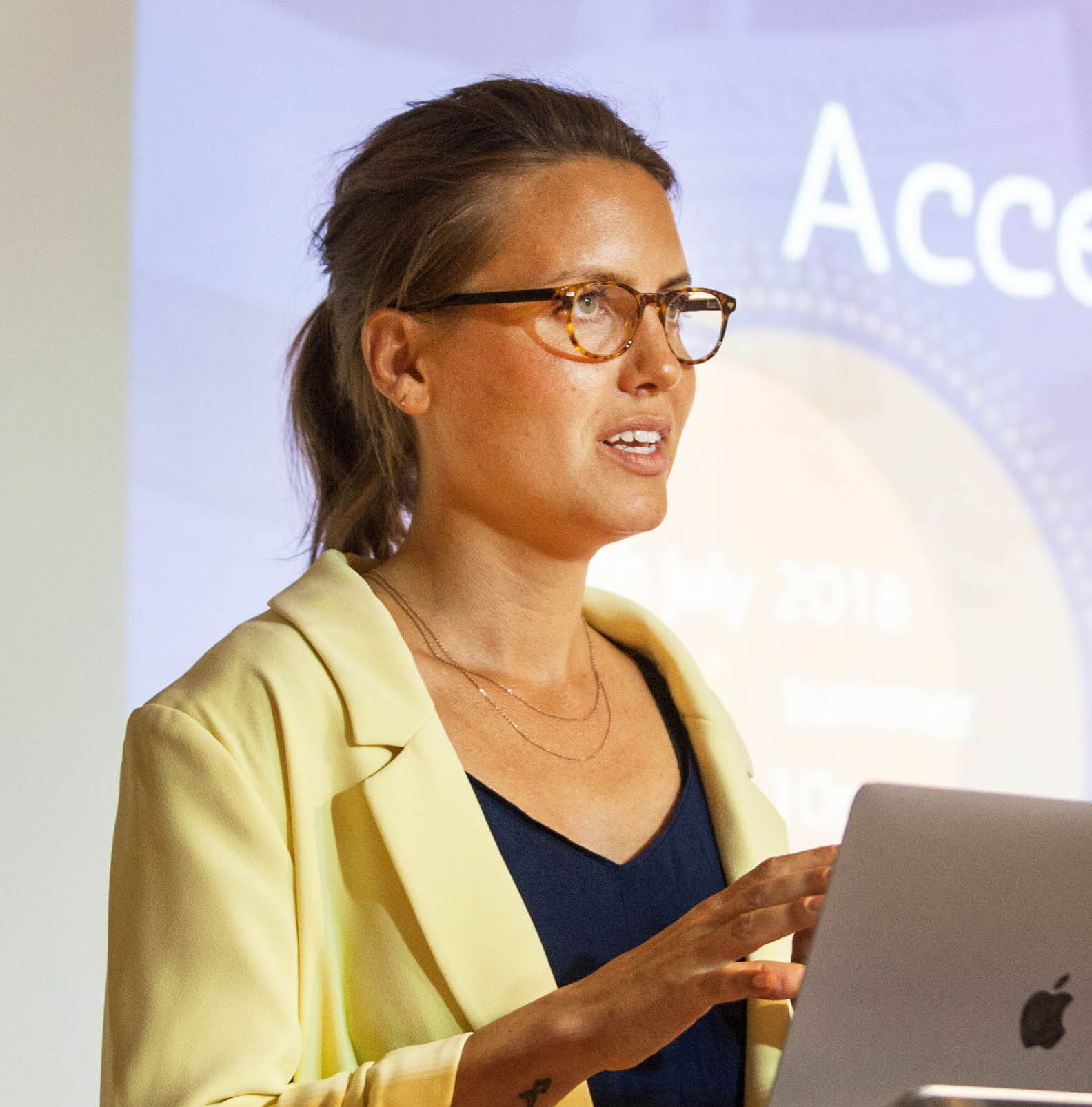Midem 2018 – Definitive Disruption: Streaming Opportunities in Africa

The Africa focus at this year’s Midem began in April, with four local forums in South Africa, Nigeria, Ivory Coast and Congo. This culminated in a focused set of talks, seminars and a keynote on the main conference stage from Tencent Africa. The principle takeaways from the debates were two-fold.
First, as observed by Chin Okeke (managing director of Eclipse Brand Agency): “There is a goldmine in Africa, but it’s not being realised yet. First, we need to build the commercial infrastructure to support sustainable growth – for African creators”. This observation on the international export potential of African culture is increasingly evident in the growing influence of African sounds, tastes and styles on global contemporary culture.
This impact ranges from the increasing African heritage references by the world’s most culturally significant artists (Skepta, Beyoncé), to notable Western and African artist collaborations (e.g. the most streamed artist in the world, Drake, and Black Coffee). The incorporation of tracks from African artists on the Black Panther soundtrack (Babes Wodumo) as well as the birth of new heritage-conscious sounds in London’s Afro Trap movement (most recently innovated by Mercury Prize nominated J Hus) and Paris’s Afro Trap scene (led by MHD), are all helping to fuel the increasing global appetite for Afrocentric popular music.
However, to Chin’s point, without commercial infrastructure (a shortage of collecting societies being one foundational and obvious example), artists in Africa are still a long way off from reaping any financial rewards from the continent’s newly anointed role as global taste makers. As such, the second most notable takeaway from Midem is the following question: who are the most appropriate partners to build the commercial infrastructure in Africa required to catalyse and formalise digital content growth?
Between them the major labels now have a presence in South Africa, Kenya, Nigeria and Ivory Coast. This is of course one option – and was discussed during the ‘Africa’s New Frontier’s’ panel last week. However, when Tencent Africa was asked whether if, besides South Africa (given its well-established traditional music industry landscape), it sees significant potential in the opportunity for direct artist licensing across other parts of the continent, chief commercial officer Thabiet Allie’s answer was: “In short: yes, we see it as a massive opportunity. Independent is a greenfield”. Given that Spotify (which launched in South Africa in March of this year) has just announced that it too will be pursuing direct licensing deals, the opportunity is all the more striking.
It must be noted that there are two primary monetisable avenues for which a financial ecosystem is essential: firstly, monetising content from African artists that are finding an international audience for their output; secondly, monetising consumers in Africa (for both African and global artists) –which is tricky, given that piracy is still very much the norm.
Assuming Africa’s global cultural influence continues to grow, there’s clearly an incentive for the majors to sign artists from Africa and for streaming services to prioritise music of African origin within their international offerings.
If streaming services pursue direct licensing deals with artists of African origin and thereby avoid the 55–57% of revenues needing to be funnelled to major labels, the costs of providing local content to Africa’s 900 million mobile consumers becomes more attainable based around an ad-supported streaming model. Then the effective monetisation of African music can truly begin and we might witness the genuine financial disruption of the traditional music industry - that streaming originally promised.

The discussion around this post has not yet got started, be the first to add an opinion.